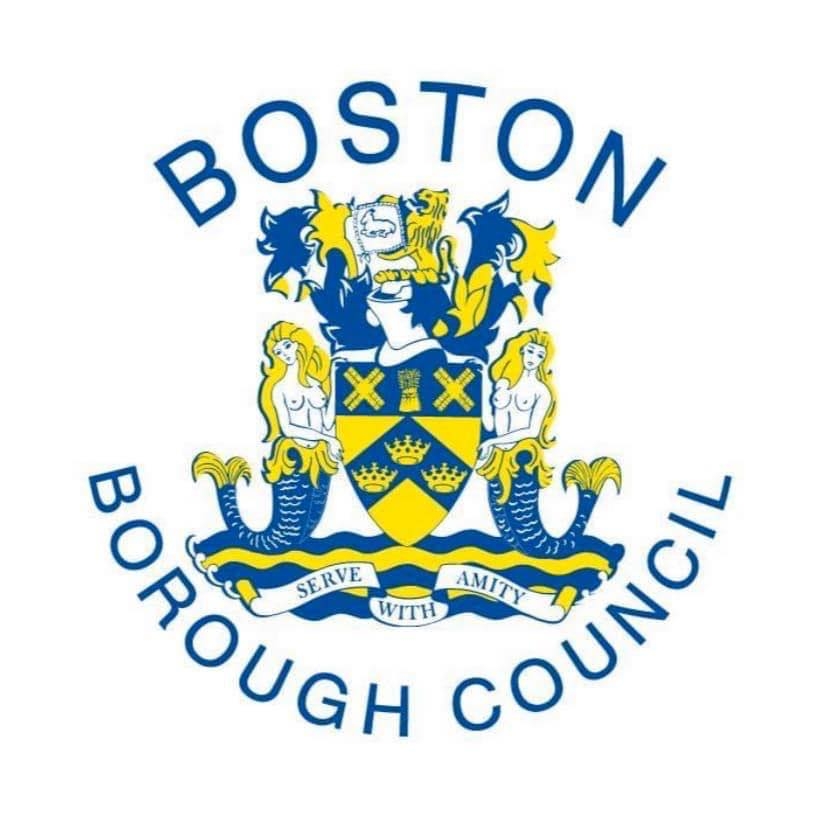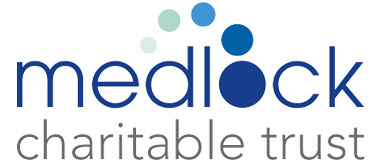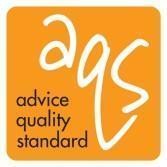Citizens Advice Mid Lincolnshire: Reasonable Adjustment Policy
If you require this document in a different format please send your request by email to admin@citizensadvicemidlincs.org.uk and we will consider your request and get back to you in 5 working days.
Introduction
Citizens Advice Mid Lincolnshire (CAML) is committed to ensuring that people with disabilities and long-term conditions are not disadvantaged in accessing our services. To this end we will make Reasonable Adjustments to ensure our services are fully inclusive and accessible to all.
The purpose of this document is to explain, in general terms, our policy and:
- Confirm our commitment to improving accessibility for everybody that we deal with.
- Set out some of the basic principles of our commitment to provide Reasonable Adjustments for people with disabilities or long-term conditions.
- Set out the factors that we will take into account in dealing with requests for Reasonable Adjustments.
Scope
This policy applies to all CAML Service Users. Arrangements that we offer for people with disabilities and long-term conditions can also be made available for those who do not have disabilities but may benefit from the adjustment.
CAML understands that best practice and the most inclusive approach is to make reasonable adjustments for any service user who is experiencing a barrier or difficulty when accessing our services.
Our focus is, therefore, on what barriers or difficulties a person is having when using our services and the adjustments needed. This is the most effective way of delivering an accessible and inclusive service for all service users.
Whilst CAML will not ask intrusive questions about the nature of a person’s condition, there may be circumstances in which it is necessary to provide medical evidence to support any reasonable adjustment requests made.
Reasonable adjustments
To make an adjustment means to make a change to the way that we deliver our services to service users with a disability or long-term condition. This might include changing work practices to avoid or correct the disadvantage to a person with a disability. An example of this would be allowing more time than we would usually do for someone to provide information that we needed.
Requesting Reasonable Adjustments
CAML will proactively ask service users if they need any support or reasonable adjustments when accessing/using our services. For example by:
- including a paragraph in written communications (e.g. acknowledgement letters) that proactively asks if adjustments or support are needed.
- asking whether a reasonable adjustment might be required over the telephone.
- including a note on our published documents indicating that we can provide the document in an alternative format on request.
- publishing our policy on our website.
The duty to make adjustments and deliver accessible services rests with CAML. This is why it’s important to ask all service users if they need any support or adjustments to access CAML’s service. We will also ensure that we are ready to offer Reasonable Adjustments even when they are not explicitly requested. We will not make assumptions about whether a person with a disability or long-term condition requires any Reasonable Adjustments nor about what those adjustments should be.
Types of Reasonable Adjustment we can offer
There is no prescribed list of Reasonable Adjustments; adjustments will depend on the individual’s needs.
- The barriers / difficulties the person is facing when accessing CAML’s services.
- What is reasonable for CAML to provide.
Some examples of the adjustments that staff can make include:
- Provision of auxiliary aids – such as allowing assistance dogs.
- Provision of information in appropriate alternative formats (e.g. large print, appropriately justified, coloured paper).
- Extension of time limits.
- Communicating with people in their chosen format (such as email, telephone etc).
- Communication through a representative or intermediary.
Our response to requests for Reasonable Adjustments
In the majority of cases we hope to be able to agree and deliver the required Reasonable Adjustment with a minimum of delay. However, in some cases, we may need to consider in more detail how best to overcome the difficulty a disabled person is experiencing, or seek advice from expert disability organisations that can assist with signposting and other forms of support.
How do we decide what is reasonable?
The Equality Act does not define what is ‘reasonable’ but guidance from the Equality and Human Rights Commission suggests that the most relevant factors are:
- Effectiveness – how well does the adjustment in question remove or at least minimise the disadvantage?
- Practicability – how practical is the adjustment? For example, how long will it take to implement, will anyone need extra training, etc?
- Cost – for example, how much will it cost, what financial resources are available to CAML?
- Disruption – how disruptive to CAML, to others, and to our business needs would it be to make this adjustment.
- Risk – would making this adjustment cause any risk to others?
Monitoring
We will record and monitor the Reasonable Adjustments that have been requested and made, this will allow us to review the services we provide and help us identify whether there are any wider steps that we can take to improve our services.
Free talks on
E Scooter & E Bike Talks 🛴
We are currently running a project to raise awareness of the potential dangers that e-bikes and scooters pose within our community, targeting young people and their parents.
We are looking to give a short talk and presentation to young people in schools and colleges in our area. If this is something you would like us to deliver to your students please get in touch with us at the email address below and we would be happy to arrange a time and date to attend.














